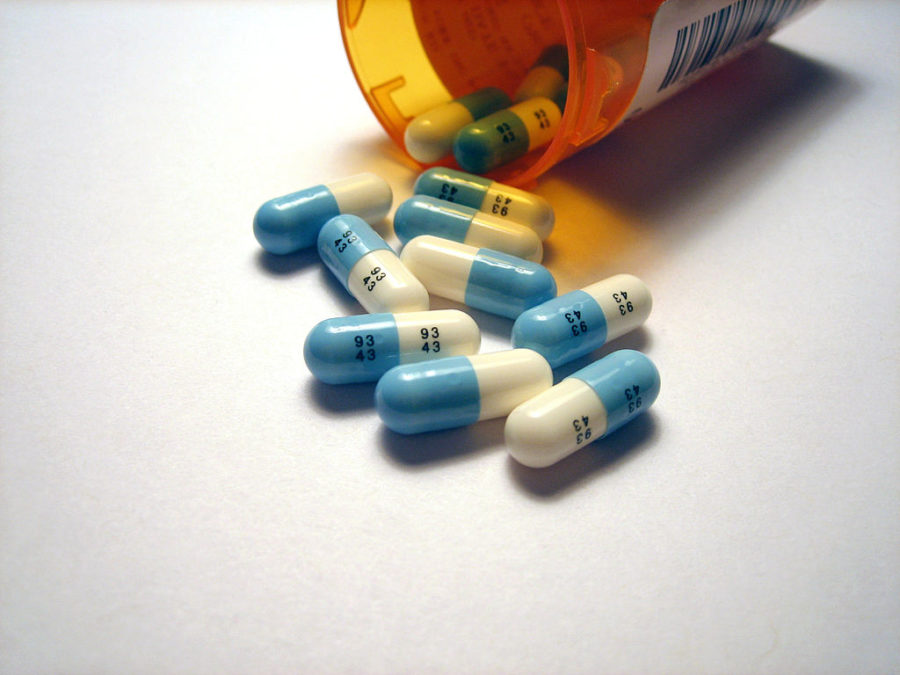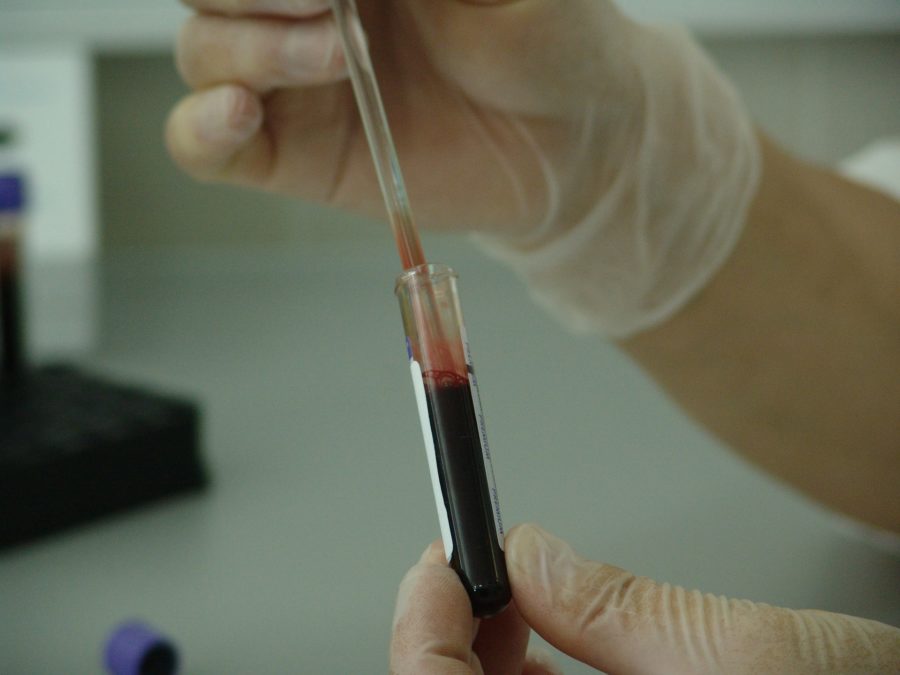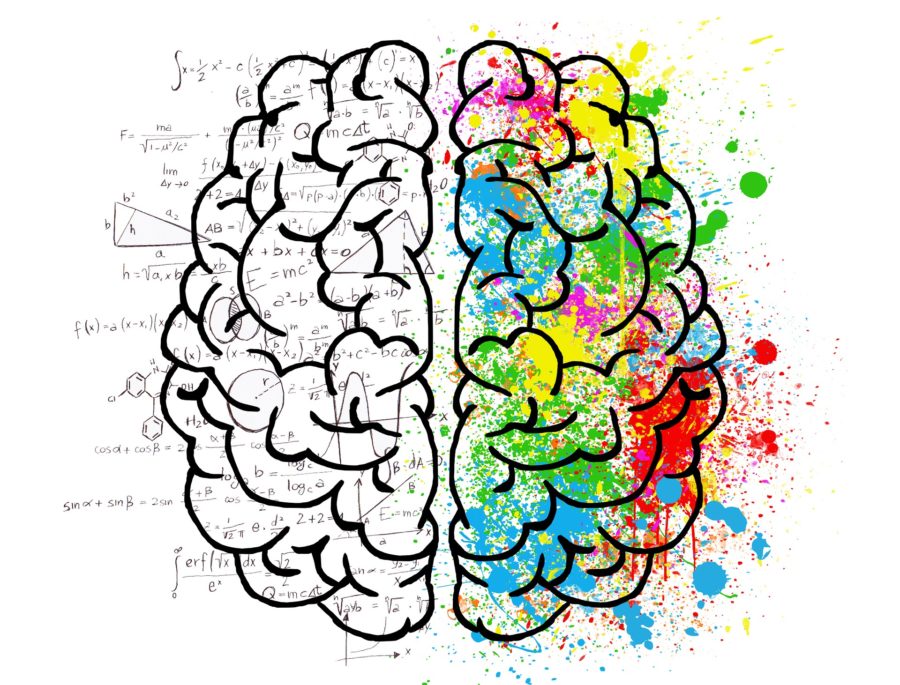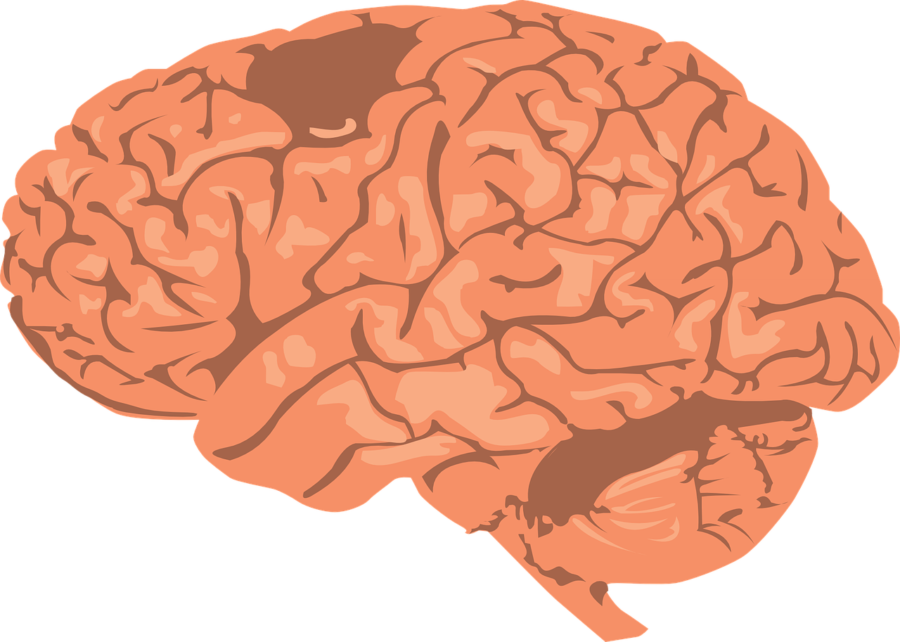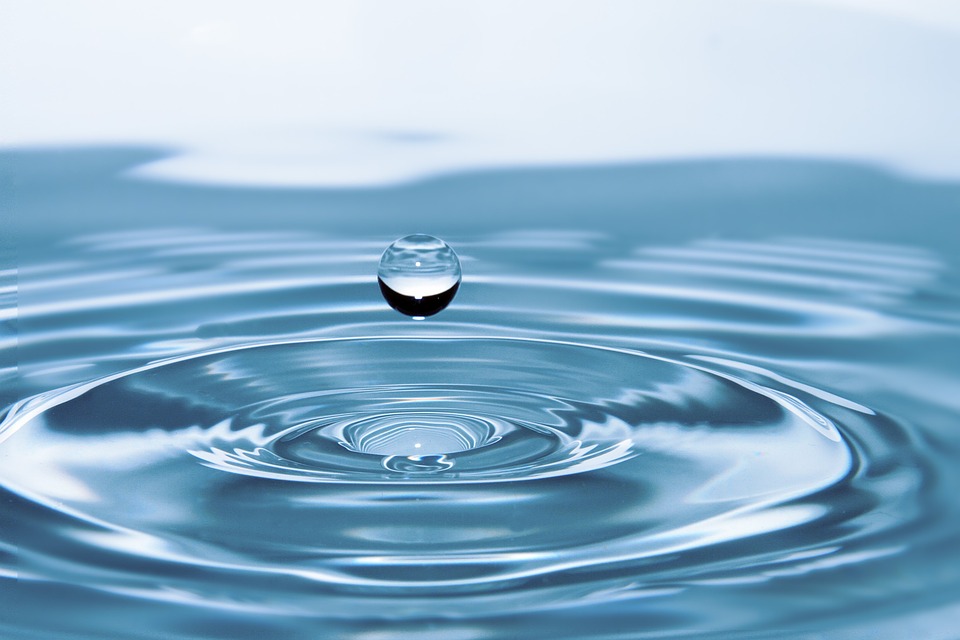
Throughout the years, it has become the recommended standard to drink eight glasses of water per day. However, a new study led by Monash University in Australia, is challenging that recommendation.
The University of Monash led the study but contributed to by multiple institutions. The research has identified a mechanism in the body that prevents over-drinking and regulates the intake of fluids.
Michael Farrell, a professor from Monash Biomedicine Discovery Institute, oversaw the research done by Pascal Saker, a student at Monash.
Participants were instructed to drink water in two different situations and then asked to rate how much effort it took to drink. The first situation was right after exercising and the latter was to be done later on when they were not feeling thirsty and had been asked to drink an excess amount of water.
Results showed that three times the amount of effort was required in order to over-drink the water.
According to Farrell, the results indicated that the participants overcame resistance in order to drink the excess amounts of water.
The results of this study are challenging the idea that a person should drink eight glasses of water per day.
Researchers also used functional magnetic resonance imaging, or fMRI, in order to see what parts of the brain were active while consuming excess quantities of water.
The results from the fMRI showed the frontal cortex had increased activity when the participants in the study were drinking in excess. According to Farrell, this could mean that the frontal cortex tries to step in and stop the drinking.
“There have been cases when athletes in marathons were told to load up with water and died, in certain circumstances, because they slavishly followed these recommendations and drank far in excess of need,” Farrell said.
According to the researchers, there are risks associated with drinking too much water, including hyponatremia, known as water intoxication, which can cause symptoms that range from feeling low-energy to a comatose state.
“If we just do what our body demands us to, we’ll probably get it right — just drink according to thirst rather than an elaborate schedule,” Farrell said.




